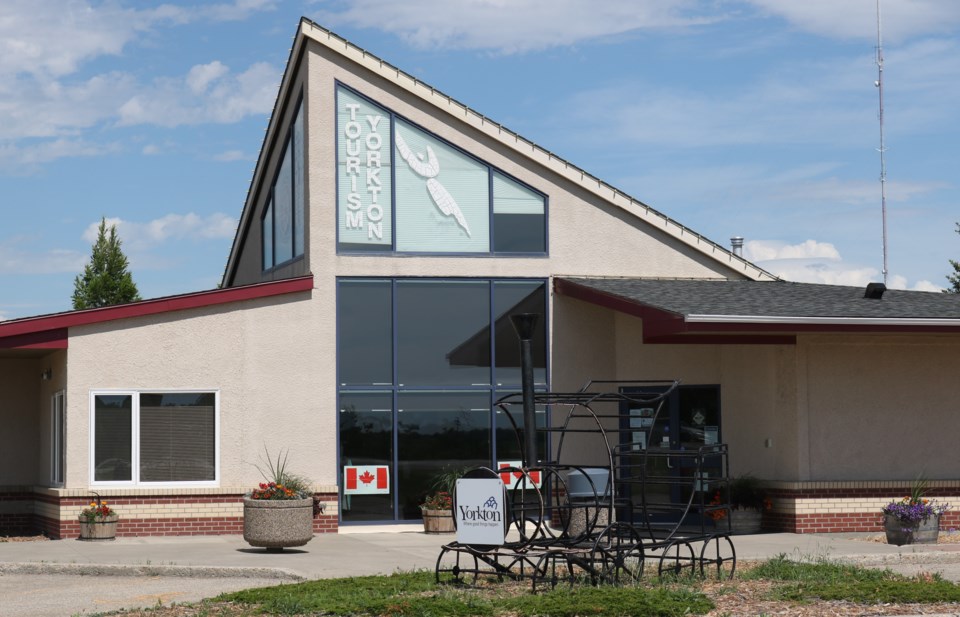The old brick mill currently being preserved with plans to expand its presence as well is a rather obvious reminder of the farming roots of the city. The mill was built to turn wheat grown in the region into flour for sale, making it one of the earliest value-added processing businesses locally. It was a business which made sense at the time since the entire region was largely developed into farm operations by the earliest European settlers.
The east central region remains strongly agriculture-based, and Yorkton a hub on farm-related business, including a number of value-added processors, not so different in nature from the brick flour mill, including two canola oil processing plants, another dedicated to extracting flax oil, a facility processing oats largely for breakfast foods, a major meat processor and the list goes on.
As agriculture goes, so goes the city in many ways.
But, serving the farm sector is not the only economic driver for Yorkton.
Tourism is a renewable resource which has an impact here too, one that is repeatable year-to-year because people holiday.
Monday, Tourism Yorkton submitted its annual report to City Council.
In the report it was noted “Travel and tourism generated an estimated $42.2 million in travel receipts in the Yorkton constituency (2019), and “in terms of local employment: out of the 71,800 people employed within Saskatchewan, there were 1,718 people employed in the tourism related industries in the Yorkton constituency (2018).”
The numbers likely dipped in 2021 because people were staying home due to COVID-19, but travel will return to normal once the pandemic subsides, which it will given time, and good science.
What happens locally is reflected provincially, with Saskatchewan employing 71,800 people in tourism related industries (2019).
There are 4,200 tourism products and services in Saskatchewan, and travel and tourism generates an estimated $2.24 billion in travel receipts annually in the province.
That is significant economic activity, which means a vacationing public spending money on everything from motorhomes to hotel stays to restaurant food, boats, snowmobiles, golf clubs and hamburgers with fries. That means the dollars generated by tourism flows through a lot of local businesses, keeping people employed and contributing to the community.
While farming is still massive business -- a new four-wheel drive tractor or combine will take a huge bite of a million dollars these days -- tourism continues to play its role and should not be underestimated in terms of its contribution.




